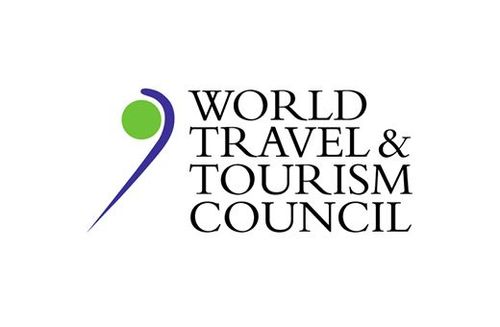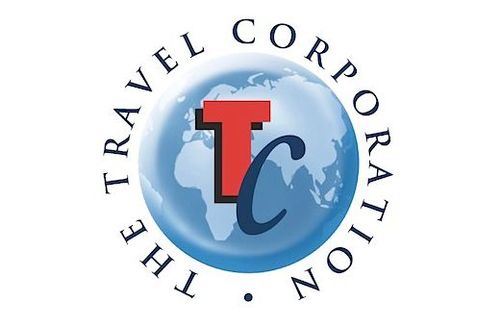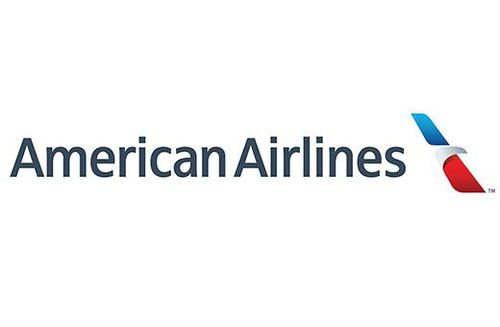Where travel agents earn, learn and save!
News / WTTC launches major new report for a Safe & Seamless Traveller Journey in the ‘new normal’
WTTC say SSTJ will shape the new normal of the sector for years to come

December 9 - The World Travel & Tourism Council (WTTC), which represents the global Travel & Tourism private sector, today unveils a major new report that recommends global guidelines for a Safe & Seamless Traveller Journey related to traveller identity and security in the ‘new normal’.
Developed in partnership with Oliver Wyman Consulting Group, and Pangiam as one of the advisors, the report emphasizes the need for swift action for a harmonized approach in the implementation of digital traveller identity and biometrics, and the enablement of strong policies through the undertaking of several activities to support the recovery of the ailing Travel & Tourism sector.
WTTC’s Safe & Seamless Traveller Journey (SSTJ), a core initiative, aims to enable a seamless, safe and secure end-to-end traveller journey, encompassing both air and non-air travel, through an approach for systematic biometric verified identification at each stage of the journey, replacing manual verifications.
SSTJ will be critical in combating COVID-19 and beyond for crises preparedness, and will further speed the recovery and bring relief and peace of mind to the 330 million people around the world who depend on a thriving Travel & Tourism sector.
The importance of SSTJ was also recognized by the G20 at the recent Ministerial meeting, with all countries giving it their full support and commitment.
WTTC had previously recognized the need for more contactless and integrated technology as an emerging trend in the new face of travel. COVID-19 has become a catalyst for touchless technologies, which travellers will now expect in order to minimize their physical contact with people and surfaces.
According to a recent survey by Amadeus, technology and innovation will be key in building traveller confidence and industry recovery. This is illustrated as over four in five (84%) travellers say technology would increase their confidence to travel in the next 12 months.
Furthermore, in a recent WTTC consumer survey, eight out of 10 Americans boarding domestic or international flights said they would be willing to submit biometric data to enhance their travel experience.
Building on consultations with more than 350 stakeholders since 2018, WTTC has developed a clear vision for a seamless and secure end to-end journey and has defined a roadmap to drive this initiative forward. Such an initiative requires the public and private sectors to join forces to drive the changes WTTC envisions, build momentum, and encourage adherence to global standards that sustain a supportive policy framework.
The report emphasizes the need for international coordination to remove travel barriers and build traveller confidence, both of which are critical to the sector’s survival.
To achieve recovery, it is essential to provide certainty for travellers regarding travel restrictions and policies to facilitate domestic and international travel.
WTTC Members, other private sector leaders and international organizations identified the following private sector actions:
• Adopting global data standards, leveraging existing standards, to ensure interoperability across all sectors, including governments • Cross sector collaboration (e.g. airlines, hotels, rail, cruise, working together) • Implement standardiszd global health and safety protocols across all industries and geographies to facilitate a consistent and safe travel experience • Develop and adopt innovative digital technologies that enable seamless travel, better manage visitor flows, and improve the traveller experience while making the traveller journey safer
Public-private collaboration is essential to the success of SSTJ. WTTC developed critical steps governments must take to strengthening international collaboration through facilitation and leadership. Governments, through the creation of task forces, should continue investing in biometrics to ensure they are prepared for future crisis. Becoming more resilient will allow the sector and countries respond better to future risks or shocks.
As one of the fastest-growing sectors in 2019, accounting for one in four new jobs created worldwide over the last five years, the slowdown of Travel & Tourism will have devastating ripple effects beyond the sector itself, and WTTC’s latest figures suggest that up to 174 million jobs could be lost in Travel & tourism by the end of 2020.
In effect, the benefits of Travel & Tourism spread far beyond its direct impacts in terms of GDP and employment, with indirect benefits throughout the supply chain and interlinkages to other sectors, such as agriculture, retail, arts, and construction, among others.
Unlike many other sectors, Travel & Tourism is highly inclusive, employing and offering opportunities to people from all walks of life, including minorities, youth, and women. For more information, please visit wttc.org
More Travel News:
Experts to examine Caribbean tourism and economic recovery on December 11
Asian govts could require travellers to be vaccinated against COVID-19 – AirAsia CEO
Viva Wyndham Resorts has got you covered!
Beautiful accommodations at the new Ocean Coral Spring











